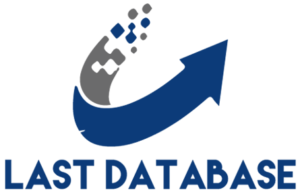Francis Bacon once said it: “information is power.” This 16th century thinker certainly didn’t have online marketing in mind , but his words remain as true as ever.
Big data can be the key that opens the door to your target’s wallet, or a bunch of useless data . How can vatican city email list 2713 contact leads you know if this strategy is being effective for your brand? Very simple: you just have to answer these 5 questions.
Online marketing: 5 questions to know the effectiveness of your Big Data
Online Marketing: Discover the effectiveness of your Big Data with these questions
1) Has my data expired?
In the world of online marketing , data expiration is a must. Just take a look at these statistics to understand why:
The average lifespan of a cookie is 30 days.
More than 55 million people change telephone companies every year.
43% of customer records are out of date or invalid.
Globally, up to 60% of data is incorrect.
It’s clear that if you want your big data to be effective, the first thing you need is to be sure that the data is correct. And in the world we live in, “correct” is synonymous with “fresh.”
2) Do I understand what my data provider is doing?
Obtaining accurate data is not as easy as it may seem, as processing and modelling are essential. That is be numbers why it is important to have a provider that can guarantee correct data extraction and analysis.
Unless you’re an expert in big data analysis , you’ll need a professional to do the initial filtering for you facebook, twitter and snapchat: video content and tv be able to explain exactly what’s going on, with current data, trends and comparisons. Whether you decide to hire someone on-staff or use an external provider, you need to have a data analyst you can trust and who can explain the process clearly. And as with many areas of digital marketing, big data is unfortunately not smoke-free.
3) Is my data three-dimensional?
Before you freak out, let me explain the concept: three-dimensional or “3D” data is data that covers both aspects of users’ digital and offline lives.
Even though we are doing more online activities and relying on online shopping, digital data still tells only part of the story. Users also interact with advertising in the “real world” and many conversions take place there.







